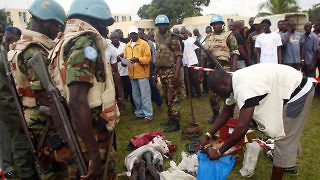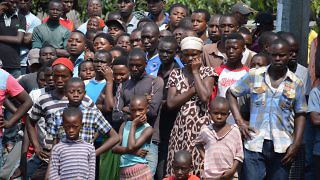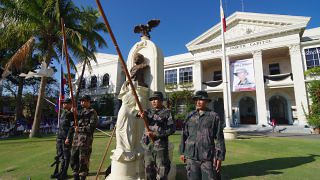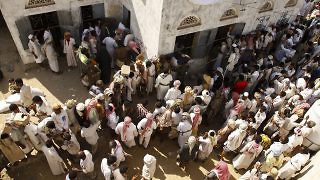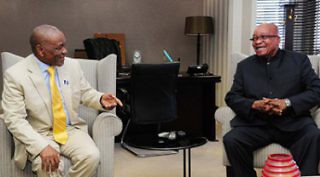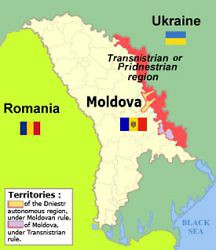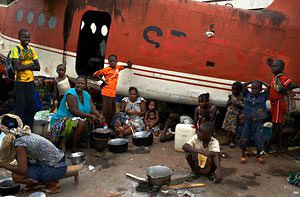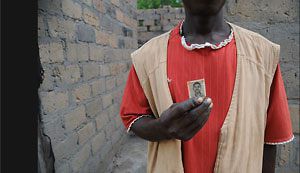Ivory Coast is three months out from the final departure of its UN peacekeeping mission (UNOCI), but recent mutinies and unrest among former rebels within the military raise concerns about long-term stability. One of the central problems in Côte d’Ivoire’s war-to-peace transition has been the role of the former rebel commanders of the Forces Armées de Forces Nouvelles (FAFN). Many of these commanders developed deep ties in the communities that they governed during the armed conflict between 2002 and 2011, and the persistence of these wartime networks in Côte d’Ivoire continues to hamstring peacebuilding efforts and security sector reform (SSR).
Tag: rebel groups
-
-
The normalization of brutal tactics by the state’s security forces suggests the possibility for systemic violence by state actors against perceived threats to Nkurunziza’s regime.
-
The Mamasapano incident that killed 44 police officers last month is likely to have repercussions for the country’s political maturity and the status of its President Aquino.
-
While it’s too early to say what the Houthis want and how they will respond to suddenly owning power, three factors help us understand how we got to the current situation.
-
Just after midnight on November 17, as the government of Colombia and the FARC-EP were preparing to resume their 31st round of conversations in Havana, President Juan Manuel Santos ordered his negotiators not to travel to Havana today as planned, and announced the temporary suspension of the peace talks.On Sunday, November 16, an Army major in […]
-
The alleged August 30 coup in Lesotho has re-focused attention on the small country’s internal insecurity as well as its lack of a viable national economy.
-
Walter Kemp finds five possible outcomes when examining the question of Moldova’s process of integrating with Europe and reintegrating with Transdniestria.
-
Were assumptions made by international actors—assumptions that informed intervention strategies in CAR—correct?
-
A belated launch of an EU mission in CAR is a necessary but likely insufficient step to contain widespread violence.
-
The presence of UN peacekeepers would have a huge impact on a country on the verge of catastrophe.
